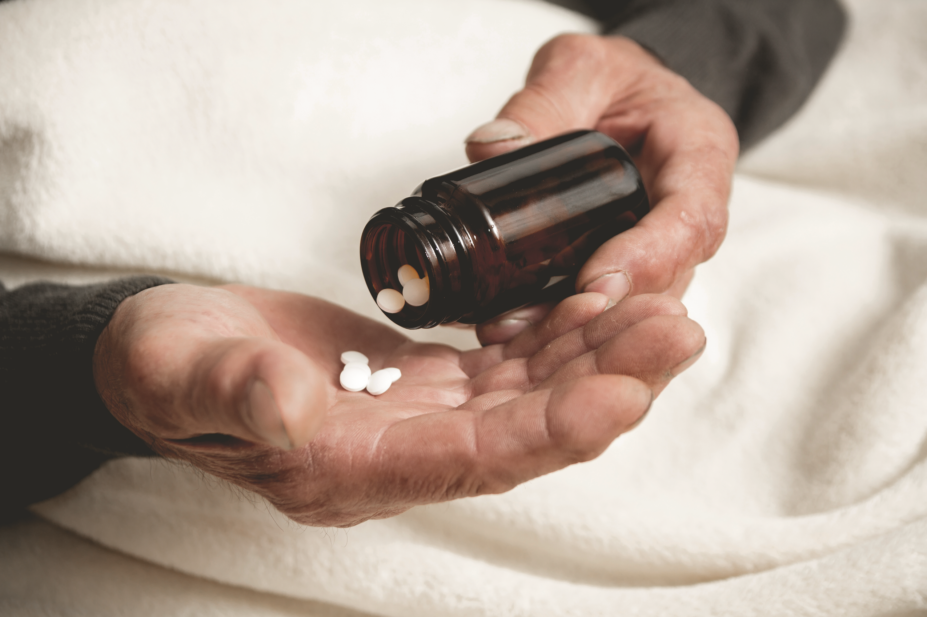
Shutterstock.com
Daily low-dose aspirin does not increase the duration of disability-free life in healthy older people, trial results published in the New England Journal of Medicine (16 September 2018) have shown[1]
.
The study involved 19,114 people in the United States and Australia with a median age of 74 years who did not have cardiovascular disease, dementia or physical disability. Of these, 9,525 participants were randomly assigned to receive 100mg of enteric-coated aspirin daily and 9,589 participants to an oral placebo. Individuals were followed-up for a median of 4.7 years.
The researchers found no significant difference between the two groups regarding the primary end point of death, dementia or persistent physical disability (21.5 versus 21.2 events per 1,000 person–years, respectively). However, the rate of major haemorrhage was significantly elevated by 38% among those taking aspirin compared with placebo (3.8% vs 2.8%).
The researchers noted that despite the widespread use of low-dose aspirin among older people, the evidence base is not strong enough to support this practice in individuals who have not previously experienced a cardiovascular event.
“Aspirin use in healthy [older people] did not prolong disability-free survival over a period of five years but led to a higher rate of major haemorrhage than placebo,” the team concluded.
References
[1] McNeil J, Woods R, Nelson M et al. Effect of aspirin on disability-free survival in the healthy elderly. N Engl J Med 2018. doi: 10.1056/NEJMoa1800722


